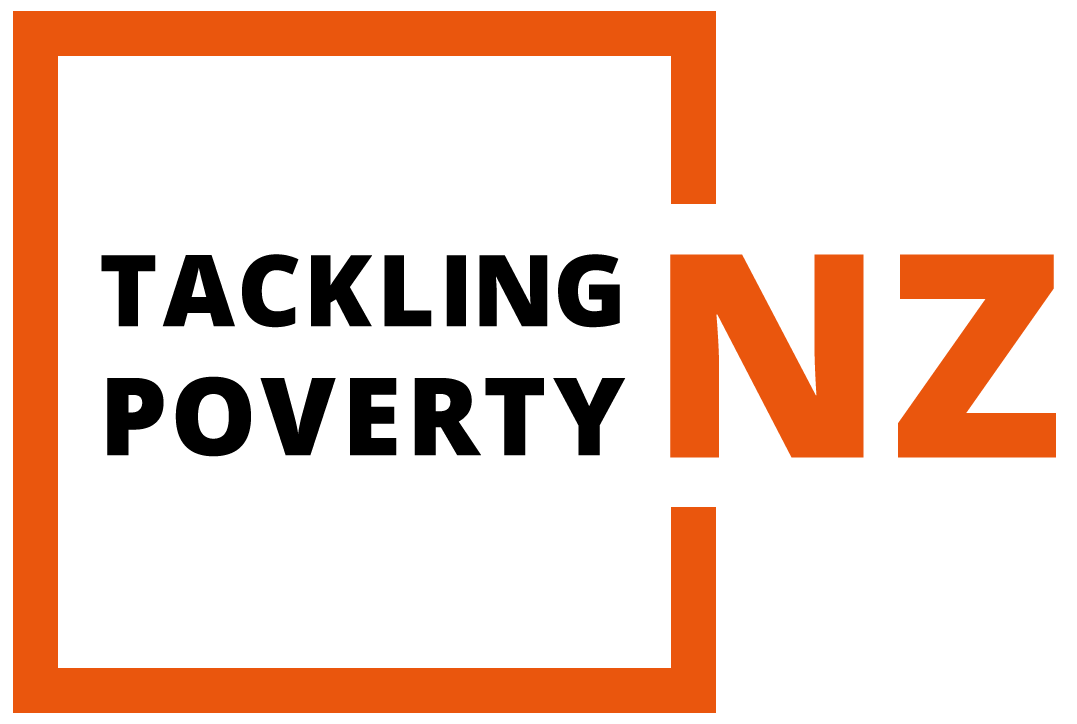1. Innovating the current system: Innovating the current financial system by reducing or removing GST on basic items, cutting dishonour charges for lower income families, and providing access to low-interest loans.
1. Innovating the current system: Innovating the current financial system by reducing or removing GST on basic items, cutting dishonour charges for lower income families, and providing access to low-interest loans.
1. Innovating the current system: Innovating the current financial system by reducing or removing GST on basic items, cutting dishonour charges for lower income families, and providing access to low-interest loans.
1. Innovating the current system: Innovating the current financial system by reducing or removing GST on basic items, cutting dishonour charges for lower income families, and providing access to low-interest loans.
1. Innovating the current system: Innovating the current financial system by reducing or removing GST on basic items, cutting dishonour charges for lower income families, and providing access to low-interest loans.
2. Saving schemes: Creating incentives to save and encouraging financial literacy by creating short-term saving schemes to help with budgeting (e.g. Christmas Clubs or saving for car registration).
2. Saving schemes: Creating incentives to save and encouraging financial literacy by creating short-term saving schemes to help with budgeting (e.g. Christmas Clubs or saving for car registration).
2. Saving schemes: Creating incentives to save and encouraging financial literacy by creating short-term saving schemes to help with budgeting (e.g. Christmas Clubs or saving for car registration).
2. Saving schemes: Creating incentives to save and encouraging financial literacy by creating short-term saving schemes to help with budgeting (e.g. Christmas Clubs or saving for car registration).
2. Saving schemes: Creating incentives to save and encouraging financial literacy by creating short-term saving schemes to help with budgeting (e.g. Christmas Clubs or saving for car registration).
3. Re-teaching: Re-teaching basic life skills and educating families so that all can contribute (e.g. through a family mentor).
3. Re-teaching: Re-teaching basic life skills and educating families so that all can contribute (e.g. through a family mentor).
3. Re-teaching: Re-teaching basic life skills and educating families so that all can contribute (e.g. through a family mentor).
3. Re-teaching: Re-teaching basic life skills and educating families so that all can contribute (e.g. through a family mentor).
3. Re-teaching: Re-teaching basic life skills and educating families so that all can contribute (e.g. through a family mentor).
4. Parental leave: Increasing paid parental leave.
4. Parental leave: Increasing paid parental leave.
4. Parental leave: Increasing paid parental leave.
4. Parental leave: Increasing paid parental leave.
4. Parental leave: Increasing paid parental leave.
5. Seasonal workers:
5. Seasonal workers:
5. Seasonal workers:
5. Seasonal workers:
5. Seasonal workers:
6. Employers:
6. Employers:
6. Employers:
6. Employers:
6. Employers:
7. Minimum wage:
7. Minimum wage:
7. Minimum wage:
7. Minimum wage:
7. Minimum wage:
8. Training:
8. Training:
8. Training:
8. Training:
8. Training:
9. Grants:
9. Grants:
9. Grants:
9. Grants:
9. Grants:
10. Stand-down periods:
10. Stand-down periods:
10. Stand-down periods:
10. Stand-down periods:
10. Stand-down periods:
11. Transportation:
11. Transportation:
11. Transportation:
11. Transportation:
11. Transportation:
12. Financial training/literacy:
12. Financial training/literacy:
12. Financial training/literacy:
12. Financial training/literacy:
12. Financial training/literacy:
13. KiwiSaver:
13. KiwiSaver:
13. KiwiSaver:
13. KiwiSaver:
13. KiwiSaver:
14. Union:
14. Union:
14. Union:
14. Union:
14. Union:
15. PEP scheme:
15. PEP scheme:
15. PEP scheme:
15. PEP scheme:
15. PEP scheme:
16. Hub:
16. Hub:
16. Hub:
16. Hub:
16. Hub:
17. Funding:
17. Funding:
17. Funding:
17. Funding:
17. Funding:
18. Belonging:
18. Belonging:
18. Belonging:
18. Belonging:
18. Belonging:
19. Pasifika:
19. Pasifika:
19. Pasifika:
19. Pasifika:
19. Pasifika:
20. Mobile health clinic:
20. Mobile health clinic:
20. Mobile health clinic:
20. Mobile health clinic:
20. Mobile health clinic:
21. haring meals: Creating a ‘sharing meal’ system.
21. haring meals: Creating a ‘sharing meal’ system.
21. haring meals: Creating a ‘sharing meal’ system.
21. haring meals: Creating a ‘sharing meal’ system.
21. haring meals: Creating a ‘sharing meal’ system.
22. Emergency housing:
22. Emergency housing:
22. Emergency housing:
22. Emergency housing:
22. Emergency housing:
23. Housing regulations:
23. Housing regulations:
23. Housing regulations:
23. Housing regulations:
23. Housing regulations:
